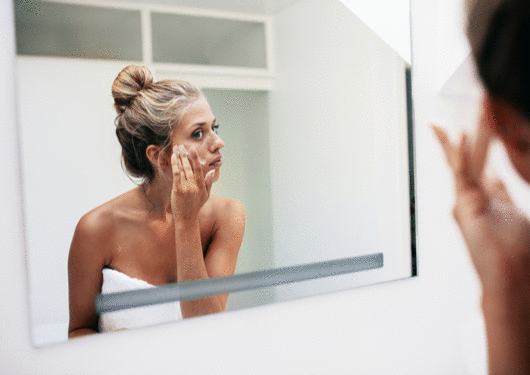
Visit Our Sponsors |
|
|
|
|
|
|
|
|
|
|
|
|
|
|
|
|
|
|
|
|
|
|
|
|
|
|
|
|
|
|
|
|
|
|
|
|
|
|

In June, the U.K. government announced its plan to ban the use of microplastics in cosmetic products, following a consultation about its use in 'rinse off' personal care products such as toothpaste, exfoliators and shower gels and its possible environmental impacts.
Microplastics are so small they escape the filters in sewage plants and are flushed into the rivers and seas where they are consumed by fish and damage marine ecosystems, according to Greenpeace U.K.
Since the announcement the 'microbeads coalition' — the Environmental Investigation Agency, Fauna and Flora International, Greenpeace U.K. and the Marine Conservation Society — successfully lobbied for an extension of the ban to include 'leave-on' products such as make-up and suntan lotion, which they say also contain microplastic particles.
Manufacturing with microbeads will be banned from the 1 January 2018 and the sale of products containing microbeads is set to be banned from 30 June 2018, according to EC documents.
In response, the Cosmetic, Toiletry and Perfumery Association (CTPA) submitted a formal objection to the EC stating that the proposed ban goes too far.
RELATED CONTENT
RELATED VIDEOS
Timely, incisive articles delivered directly to your inbox.

